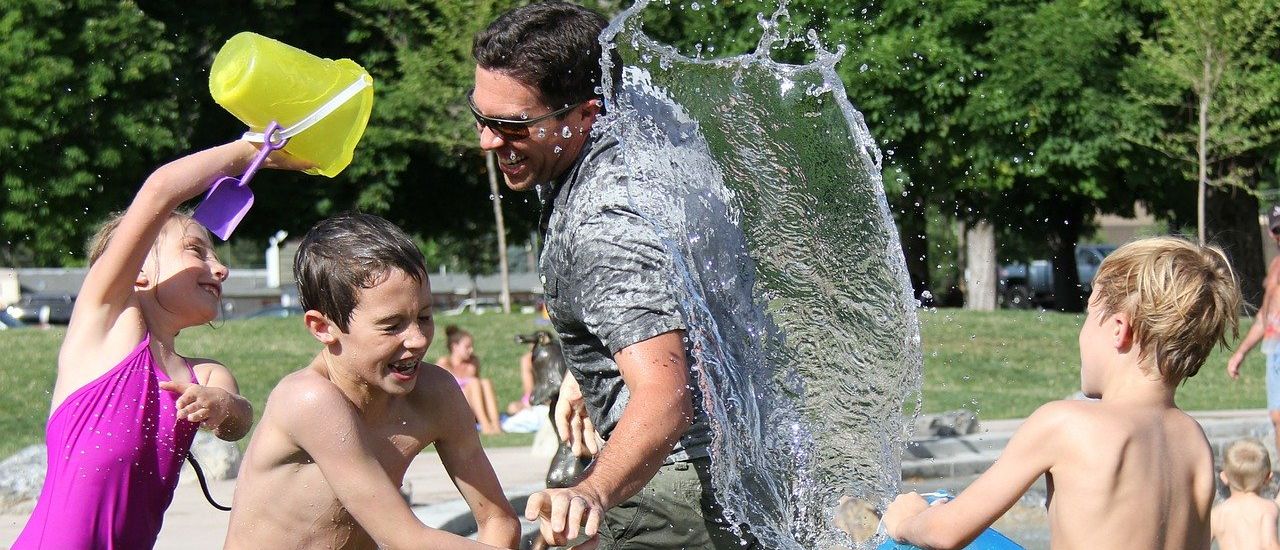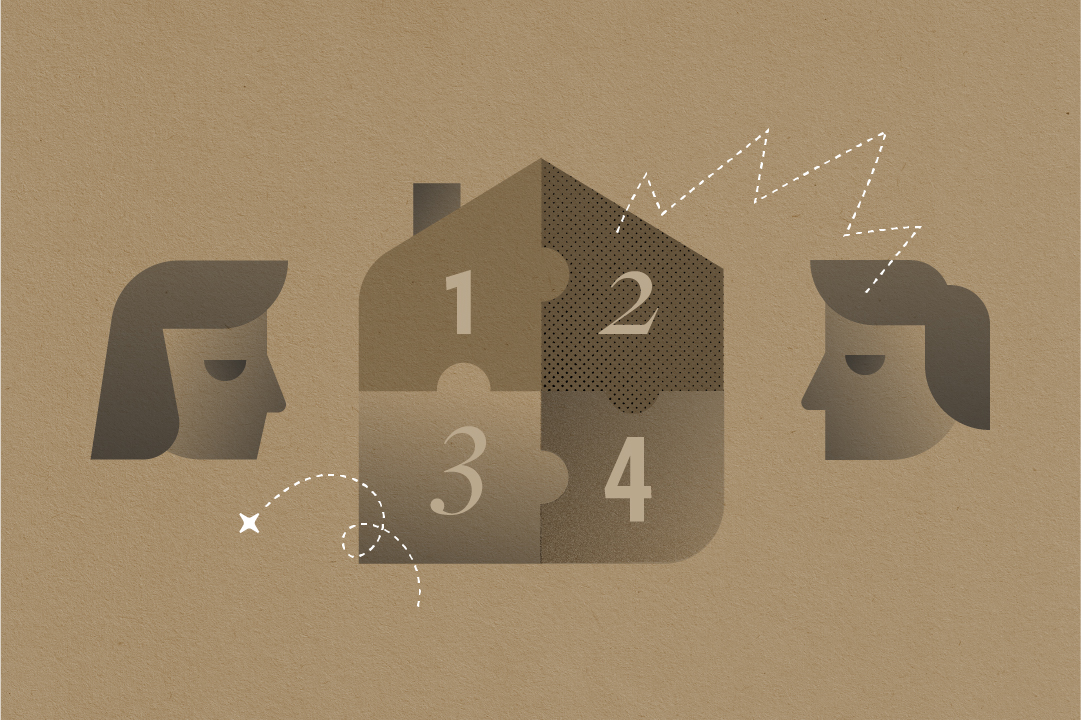In Australia, everyone over 5 years old is now eligible to get a free COVID-19 vaccination. In family law matters, decisions about whether to vaccinate your child may become complicated where one parent is supportive of their children receiving the vaccine, but the other parent is not.
At Elringtons, we appreciate that in discussing the health and safety of your child, parents want to understand their child’s and their own legal rights.
What does the law say?
In board terms, The Family Law Act 1975 (Cth) outlines that there are two main categories regarding parenting a child:
- Parental Responsibility – this is about making both short-term and long-term decisions for a child such as for their education, health and religion.
- Living arrangements – this is the care arrangements for the child.
Decisions about immunisations and vaccinations fall under the parental responsibility category. Unless there are Court Orders providing otherwise, parents generally have equal shared parental responsibility of their child. This means that parents must consult each other and make long-term decisions together for their child such as decisions in relation to health.
In the event that the parties cannot agree, and a Court must make a decision, there are a number of matters for the Court to consider under the Family Law Act 1975 (Cth). The paramount consideration of the Court is what is in the children’s best interests.
In relation to a dispute concerning whether to vaccinate, the Court may also be guided by independent evidence (such as medical evidence) as to the effects of a proposed vaccine.
What can I do if we cannot agree?
We encourage parents (where it is safe to do so) to negotiate and see if they can reach an agreement. It is important that parents work on their co-parenting relationship and at least attempt to discuss disputes and reach an agreement.
You may wish to consult your child’s doctor or treating medical professionals to obtain advice regarding the arrangements for your child and what vaccine (if any) will be suitable. They may be able to provide a report to both parents about their opinion in relation to the vaccine including the potential benefits and detriments so assist you both in making a decision.
You may also wish to arrange a joint meeting with your child’s doctor and the other parent to discuss the different options and implications.
If you and the other parent cannot reach an agreement yourselves, you may wish to engage someone to assist with the discussions.
You may wish to consider:
- Mediation – mediation is a discussion and negotiation facilitated by an independent third party. A mediator may be able to assist in discussing different options and working with you both to reach an agreement.
- Family therapy/ counselling – family therapy is therapy catered on working on the co-parenting relationship, not therapy with the intention of reconciliation. A family therapist can work with parents (both in individual and joint sessions) to discuss a dispute and work on the co-parenting relationship.
- You may also wish to engage in individual counselling or therapy.
What other options are there?
If you can still not reach an agreement, you can make an application to the Family Law Courts for the Court to make a decision about which parent should have the decision-making responsibility (and decide whether or not the children should be vaccinated). In other words, in that situation, the court may place the primary responsibility for decision making on one parent regarding the specific issue of whether to vaccinate or health generally.
How can we help?
If you or a loved one would like legal advice in relation to a family law matter or advice about a dispute concerning the COVID-19 vaccination and your child, please contact our Family Law Team to arrange an appointment with one of our experienced family law solicitors.

elringtons lawyers regularly provide legal advice in relation to a range of family law matters. Please contact Carlos Turini for more information or to make an appointment call (02) 6206 1300 | e: Carlos.Turini@elringtons.com.au
This article does not constitute legal advice and Elringtons is not responsible for any reliance upon its contents. It is important that you seek legal advice to your unique situation.









